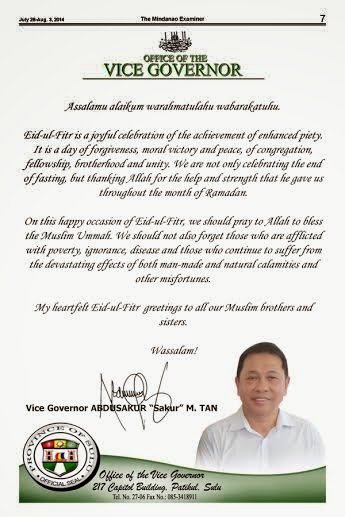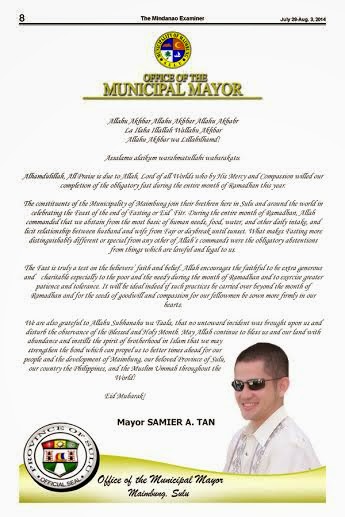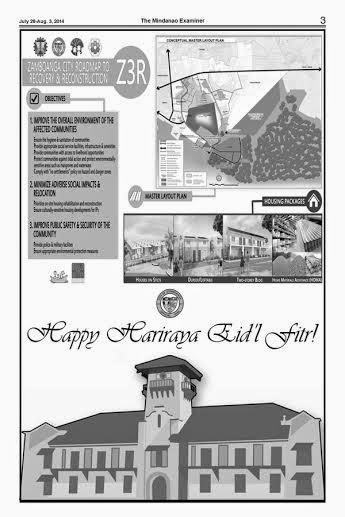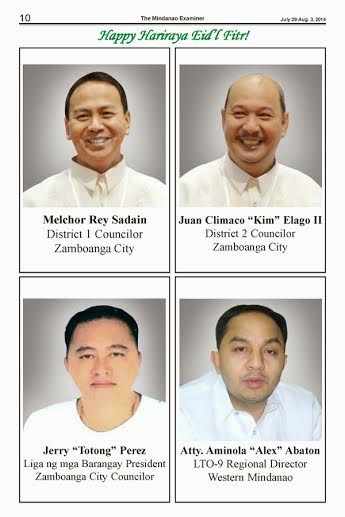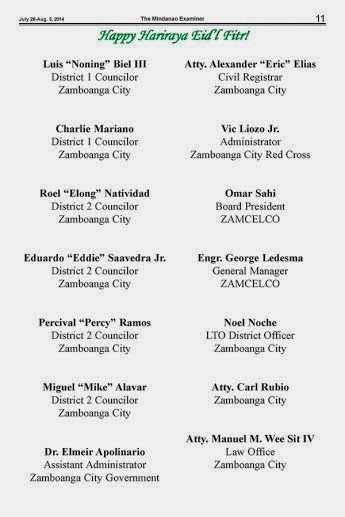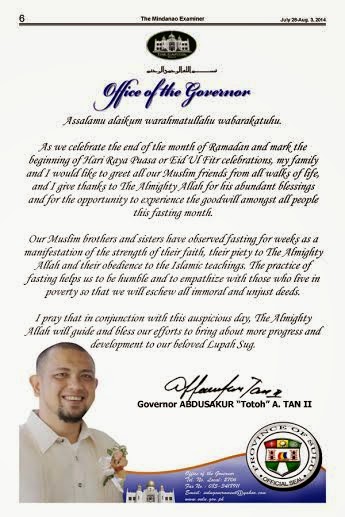
Eid al-Fitr (Arabic: عيد الفطر ʻĪd al-Fiṭr, IPA: [ʕiːd al fitˤr], “festival of breaking of the fast”), also called Feast of Breaking the Fast, the Sugar Feast, Bayram (Bajram), the Sweet Festival[3] and the Lesser Eid, is an important religious holiday celebrated by Muslims worldwide that marks the end of Ramadan, the Islamic holy month of fasting (sawm).
The religious Eid is a single day during which Muslims are not permitted to fast. The holiday celebrates the conclusion of the 29 or 30 days of dawn-to-sunset fasting during the entire month of Ramadan. The day of Eid, therefore, falls on the first day of the month of Shawwal. This is a day when Muslims around the world show a common goal of unity.
The date for the start of any lunar Hijri month varies based on the observation of new moon by local religious authorities, so the exact day of celebration varies by locality. However, in most countries, it is generally celebrated on the same day as Saudi Arabia.
Eid al-Fitr is celebrated for one, two or three days. Common greetings during this holiday are the Arabic greeting ‘Eid Mubārak (“Blessed Eid”) or ‘Eid Sa‘īd (“Happy Eid”).
In addition, many countries have their own greetings in the local language – in Turkey, for example, a typical saying might be Bayramınız kutlu olsun or “May your Bayram – Eid – be blessed.”
Muslims are also encouraged on this day to forgive and forget any differences with others or animosities that may have occurred during the year.

